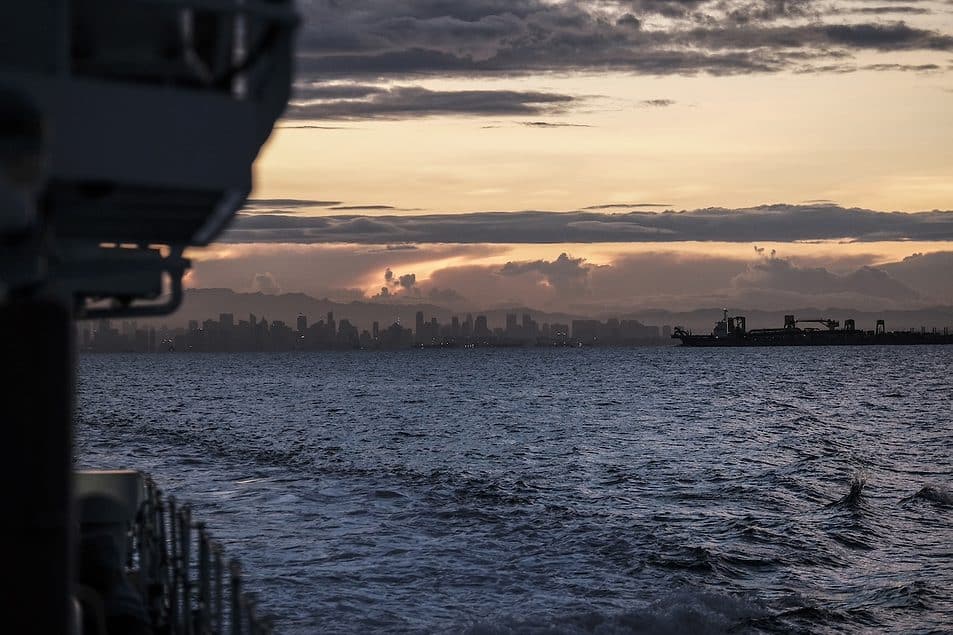Ship with Radioactive Zinc Dust Stuck Near Philippines Port
Radioactive Cargo Stuck Off Philippine Coast

A ship carrying 23 containers of radioactive zinc dust is stranded off the coast of the Philippines, unable to unload due to a lack of local government facilities willing to accept the cargo. Carlo Arcilla, director of the Philippine Nuclear Research Institute, confirmed on October 28 that port authorities in Manila will not allow the ship to offload until a temporary storage or disposal site is secured. While the containers pose minimal risk to public safety, the situation highlights growing concerns over radioactive materials in Southeast Asia.
Complexities of Radioactive Material Management
The stranded shipment, which arrived from Indonesia, has become a focal point in the ongoing issue of radioactive contamination in the region. Arcilla reassured the public that the radiation levels outside the containers are very low, and the ship’s crew is not experiencing any health issues. However, the incident adds to the complexities surrounding the management of radioactive materials, particularly following an Indonesian investigation that uncovered cesium-137 at a metal-processing hub in western Java. This discovery led to Indonesia halting imports of scrap metal earlier this month.
Cesium-137 is a man-made radionuclide commonly used in medical devices and industrial gauges, but exposure can increase cancer risks, according to the U.S. Centers for Disease Control and Prevention. The current predicament traces back to an August report by the U.S. Food and Drug Administration, which detected trace amounts of cesium-137 in frozen shrimp shipments from a major Indonesian prawn company, prompting recalls from retailers like Walmart.
The zinc dust in question was exported to Indonesia by Zannwann International Trading Corp., a Chinese trading firm with operations in the Philippines. Following the cesium-137 detection, the shipment was returned to Manila. Arcilla noted that the zinc dust was sourced from SteelAsia Manufacturing Corp. and another steel company, with radioactivity only detected at SteelAsia’s recycling plant in Batangas province. Despite this, SteelAsia has distanced itself from the contaminated zinc powder and has voluntarily suspended operations at its plant as a precautionary measure.
The school in the shadow of giant ‘cruise ship’ warehouses where children wade through ‘dust clouds’
Urgent Need for Disposal Solutions
As the situation unfolds, the priority remains to find a suitable site for the disposal or entombment of the 23 containers. Arcilla emphasized the need to address the radioactive materials located at both SteelAsia’s facility and Zannwann’s warehouse, which he indicated could be substantial. There have been no previous incidents of radioactivity linked to Zannwann’s shipments to Indonesia, and it remains unclear if the current shipment is connected to the cesium-137 contamination found in Indonesia.
Efforts are ongoing to resolve the issue, but the lack of immediate solutions raises concerns about the management of radioactive materials in the region. Authorities are under pressure to act swiftly to ensure public safety and prevent further complications related to radioactive waste.
